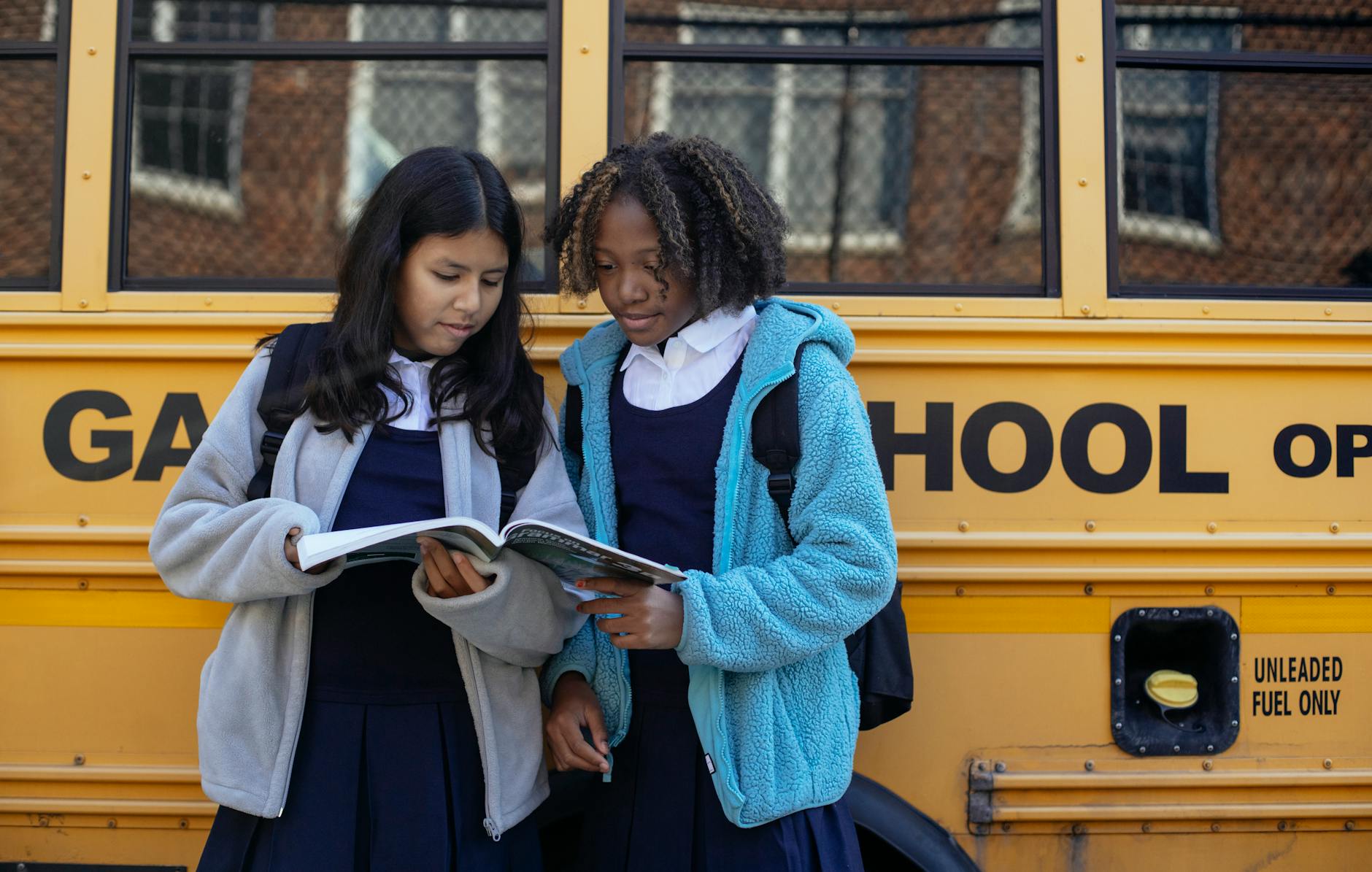How to Enhance Your Teaching Strategy in Australia Through Innovative Childcare Courses

Exploring Innovative Childcare Courses
As I look to expand my skills as an Early Childhood Educator in Melbourne, I've found that innovative childcare courses can make all the difference. These courses focus on enhancing educational strategies through hands-on experiences and creative techniques. One course that stood out to me is the early childhood education program, which provides a comprehensive curriculum on child development and modern teaching practices. This course, much like the engaging workshops at the Melbourne Zoo, emphasizes active participation and exploration to captivate young learners.
When selecting a suitable program, it's important to consider courses that address both practical application and stimulating content. For instance, programs that incorporate elements from the Melbourne Museum's children's programs can offer invaluable insights into thematic learning. These courses often highlight interactive storytelling and sensory play, essential tools in early education.
Completing courses in community services courses and aged care training also broadens one's teaching perspective, enhancing capabilities in inclusive education. The skills acquired not only elevate my teaching strategy but also open doors to diverse career opportunities within the education sector.
Expanding my qualifications through these courses enables me to create a nurturing and dynamic learning environment, much like the creative spaces at Federation Square, where young minds can flourish with curiosity and imagination.
Enhancing Creative Teaching Methods
Implementing New Techniques
As a dedicated childcare provider from Melbourne, I often look for ways to implement new techniques in my teaching strategy. A prevalent approach is through meticulous observation of the children's interests, similar to the engaging workshops at the Melbourne Zoo. Tailoring activities to these interests allows us to create a dynamic learning environment where children thrive. Regular reflection on the teaching methods also helps in identifying areas for improvement and innovation.
Integrating Arts in Education
Integrating arts into education is another enriching strategy. Drawing inspiration from the creative learning spaces at Federation Square, I incorporate music, dance, and visual arts into daily lessons. This approach not only nurtures creativity but also enhances cognitive and emotional development. Utilising resources from child care courses, I have explored different artistic techniques, fostering a classroom atmosphere where every child’s creative expressions are valued and encouraged.
Case Studies and Examples
To illustrate, many educators have witnessed significant improvements in student engagement through these methods. For instance, by combining insights from aged care courses with innovative arts integration, I’ve noted a remarkable growth in the children’s social skills and self-esteem. One of my colleagues successfully applied these strategies, using dramatic play to explore storytelling, which captivated the children's imaginations and improved their verbal communication skills.
These methods demonstrate the profound influence creative teaching strategies can have on young learners, offering a refreshing approach to early childhood education.
Leveraging Online Learning Platforms
Convenient Learning Options
Harnessing the dynamic world of online platforms unlocks new doors for expanding one's teaching capabilities while juggling daily responsibilities. Childcare professionals who pursue additional certifications, such as a diploma of community services, can do so without compromising on their active roles in student development. Online courses provide the flexibility to learn at your own pace and schedule, making them ideal for busy educators like myself.
Interactive Course Elements
Immersive and engaging content forms the backbone of effective online learning. Many courses include video lectures, virtual discussions, and practical exercises that mirror interactive workshops at the Melbourne Museum's children's programs. A cert 3 in individual support course could serve as a prime example, offering hands-on learning simulations and real-world applications that complement traditional teaching methods.
Community and Network Building
Joining an online learning platform is not just about absorbing information; it's about connecting with a broader community. These platforms often have forums and social media groups where educators share insights and strategies, much like the creative learning spaces at Federation Square. Engaging with peers enhances your learning experience and offers additional support, ensuring that new knowledge is tailored and highly applicable to your unique teaching environment. By integrating resources from others in the field, your approach to childhood education becomes more innovative and empowered.
Overcoming Common Challenges
Balancing Time and Commitment
Balancing your time when enrolling in additional educational programs can be challenging, particularly as an early childhood educator. With a full-time job at a childcare centre, it’s crucial to select courses that align with your schedule, like childcare courses online. These online platforms offer flexibility, allowing you to study at your own pace without compromising your professional responsibilities. Allocating specific blocks of time during less busy periods in the day, such as early mornings or evenings, can help maintain motivation and progress.
Aligning Course Content with Curriculum
It’s important to ensure that the course content complements your existing teaching curriculum. Investigate programs that focus on practical applications and innovative techniques such as those seen in immersive environments like the Melbourne Zoo’s educational children’s workshops. Aim for courses like a certificate iv in mental health to broaden your understanding and seamlessly incorporate new methodologies into your classroom strategies.
Creating a Supportive Environment
A supportive learning environment is essential, not just for your students, but for you as well. Engage with fellow educators to form study groups, share resources, and exchange feedback. Consider platforms where educators gather to spark dialogue and share insights. Building a network through these interactions can provide valuable support and enhance your learning experience, allowing you to deliver dynamic, effective lessons.
FAQs About Childcare Course Selection
Choosing the Right Course
Finding the right childcare course can feel overwhelming, but let’s make it simpler. First, consider courses that offer hands-on learning experiences, similar to the engaging workshops at the Melbourne Zoo. Seek out programs that incorporate innovative education strategies, emphasising creativity and interaction, which are ideal for young learners. It's also beneficial to check if the course aligns with your schedule and career goals.
Evaluating Course Effectiveness
To evaluate the effectiveness of a childcare course, look for those that provide real-world applications and feedback, much like the children's programs at the Melbourne Museum. Assess if the course offers interactive elements that promote active learning. Reach out to alumni or read reviews to gauge the course's impact on their professional journey. Additionally, consider if the course includes support networks that foster peer learning and exchange of ideas.
Long-term Career Benefits
Enrolling in the right childcare course can significantly enhance your career prospects. These courses can open opportunities to innovate in your teaching approach, similar to the creative atmospheres found at Federation Square's learning spaces. Furthermore, insights gained can help you craft a nurturing environment that encourages active participation. Through these courses, you can develop a unique skill set that sets you apart in the childcare profession, ultimately making a meaningful impact in the lives of children and their families.


